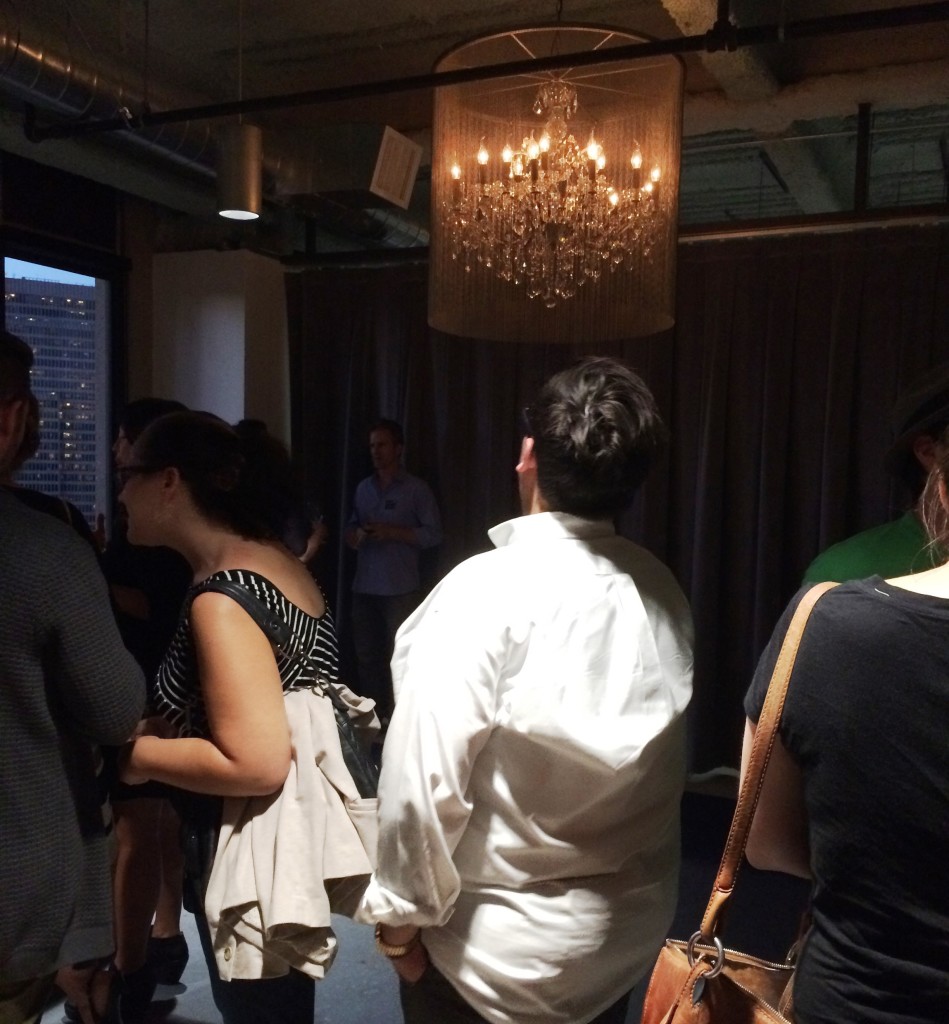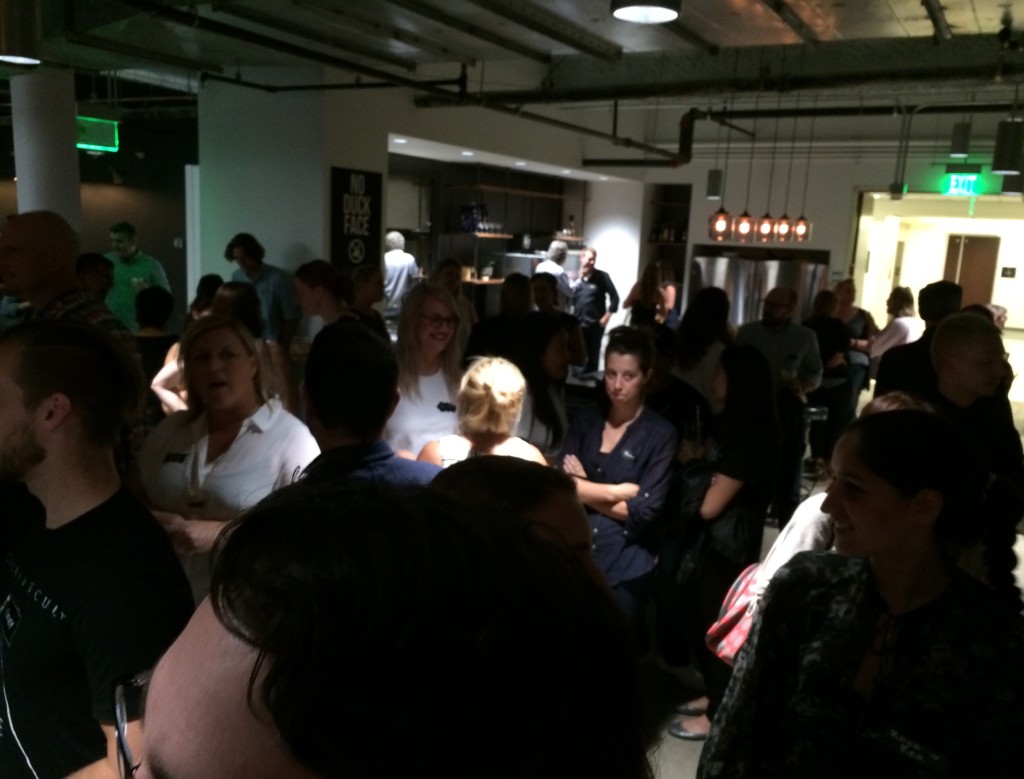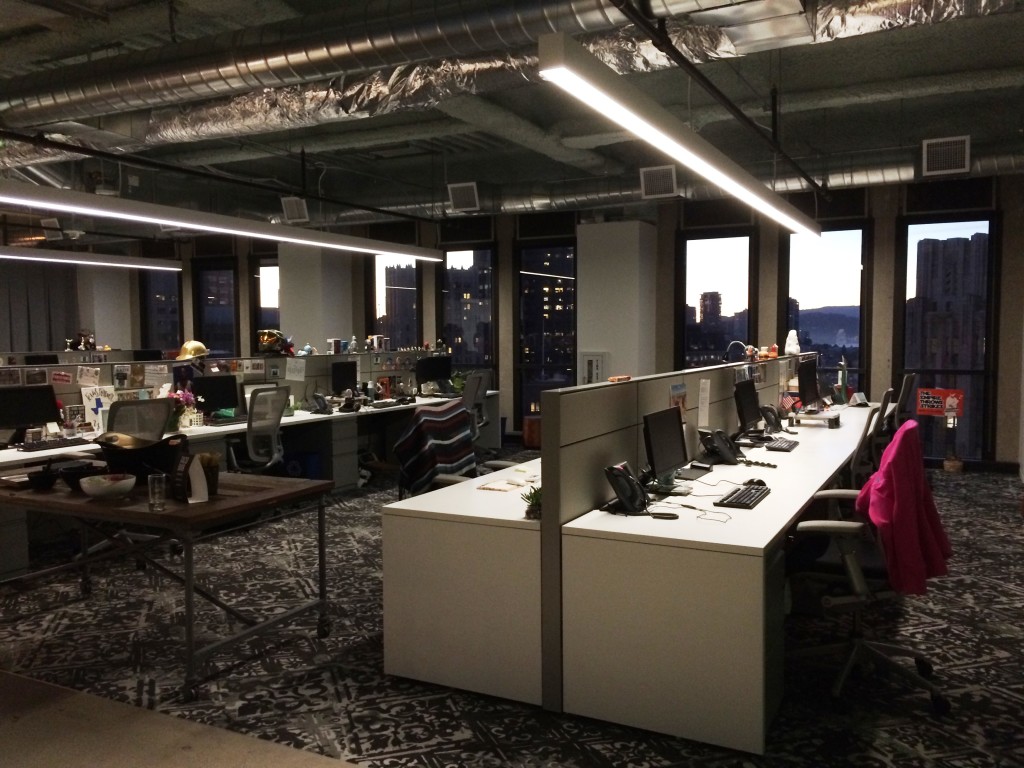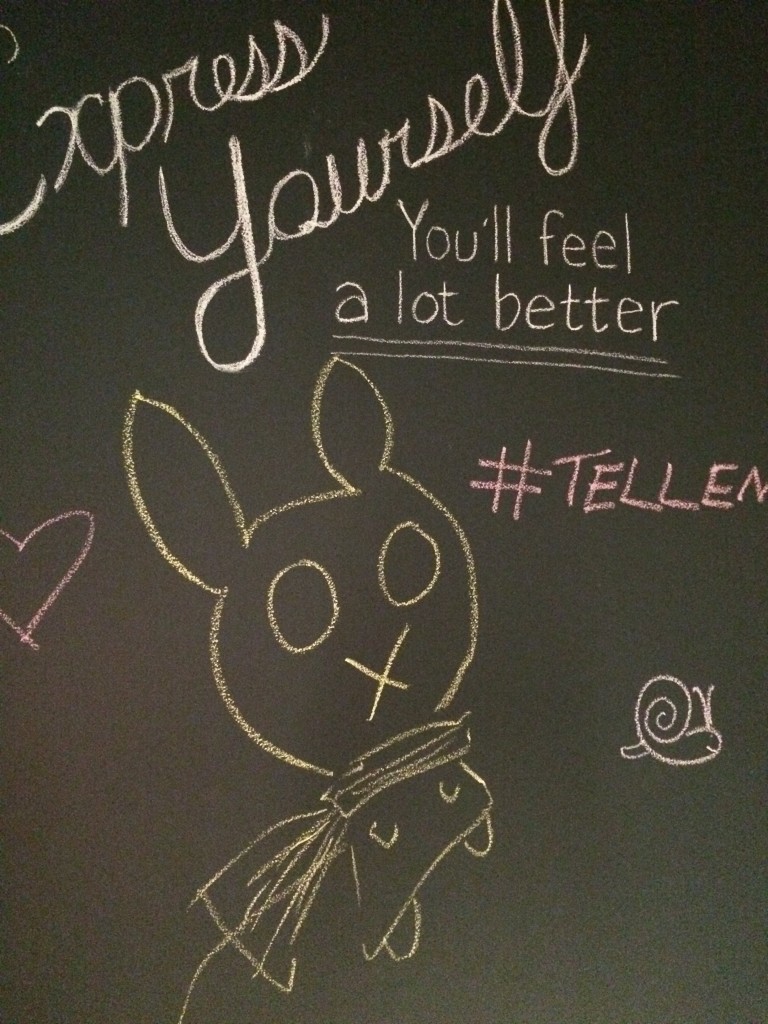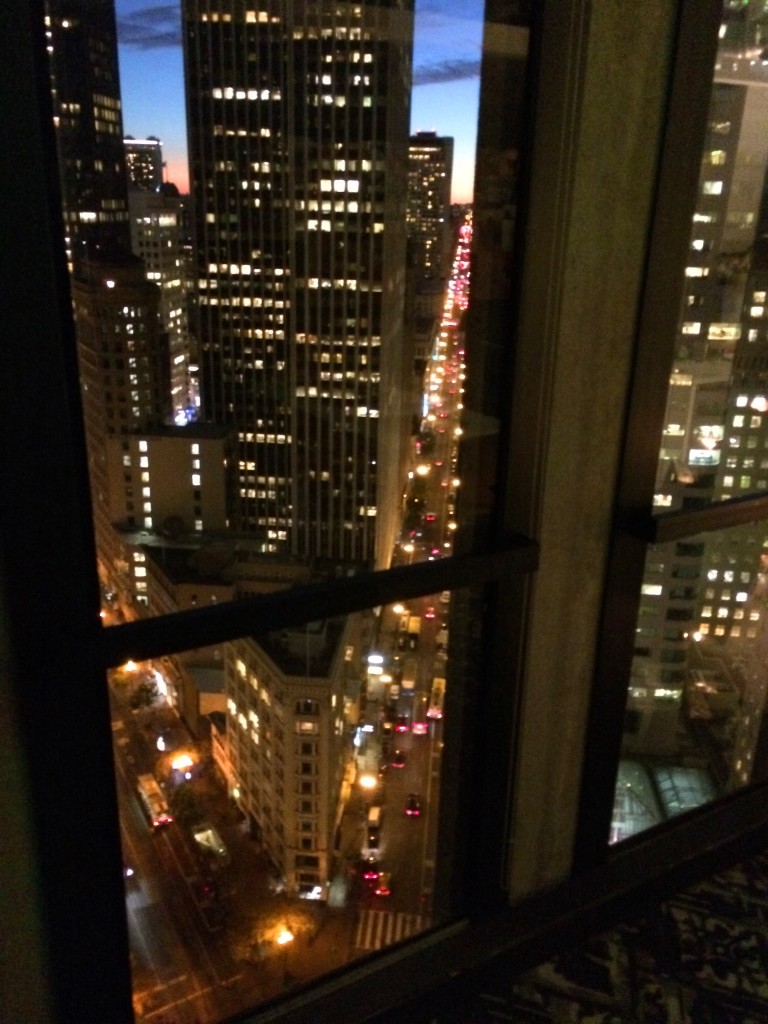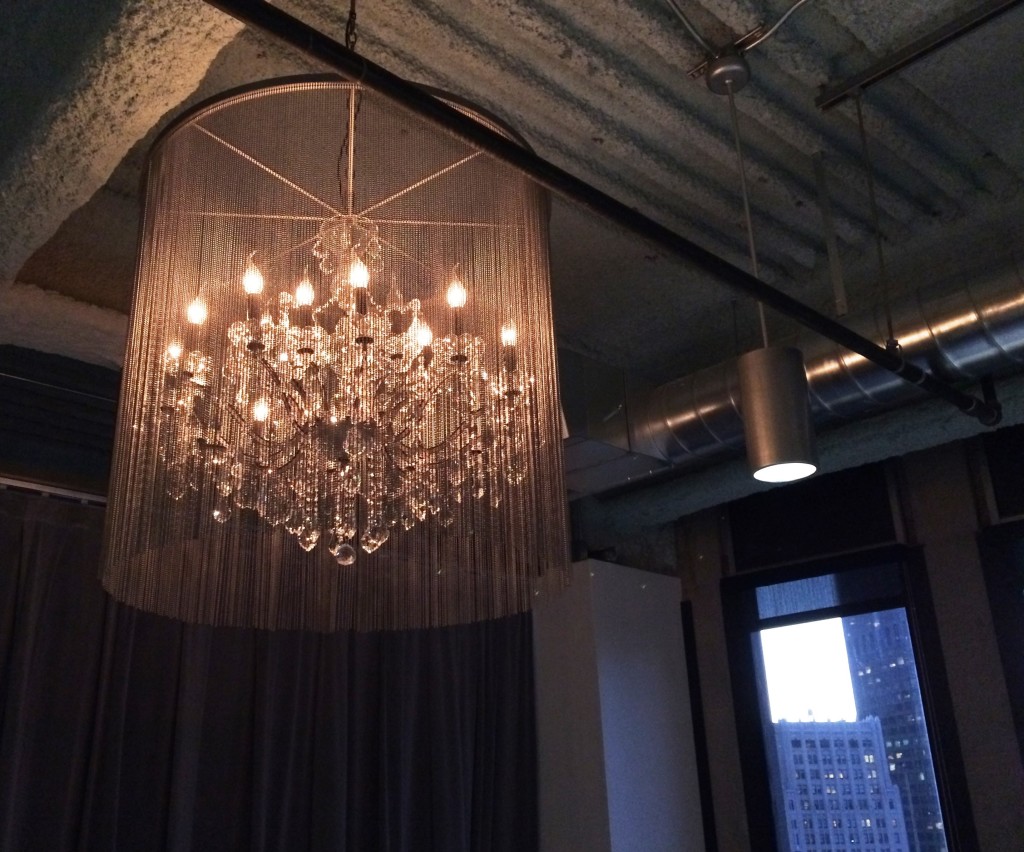Update: I added a follow-up post ameliorating/apologizing for some of this.
Gentrification is ever the hot topic. People have plenty to say about the slow, inexorable process that transforms cities, arguably destroying them. Tons of new residents pay much higher rent and are surrounded by new businesses—not the shops that were there before. Not the shops that previously persisted for decades. So of course you end up with a new city. What else could possibly result?
The Silicon Valley renaissance of tech startups has filled San Francisco with a new wave of upper-class workers. Most of them are white or Asian. They can pay thousands of dollars monthly for a cute place in the Mission, or maybe a cute palace in the Mission. The market’s inscrutable wisdom has responded. No; that’s an obfuscation. The developers, in their highly scrutable desire to get as rich as fucking possible, have responded. Tim Redmond writes on 48hills, “When you put new market-rate housing in a vulnerable, low-income community you threaten the fabric of that community. Luxury housing isn’t compatible with community-based small businesses, nonprofits and low-cost restaurants that cater to a working-class clientele.” I’m tempted to revert to my middle-school self and say, “Duh.” It seems self-evident.
Tony Robles, a native San Franciscan of color, mourns that his city “has rolled out the red carpet for tech priests and priestesses, but that carpet is stained with the blood of eviction and removal; it is stained with the shoeprints of arrogance and a lack of grace”. Robles predicts that gentrification will kill San Francisco, obliterate what makes it great. What made it great. As more tech moguls move in, more “blood of eviction” is wrung from the places where lower-income residents used to be, well, residents.

In case anyone can’t read the image: “Make no mistake, the city is dying. It may look alive on the surface with cranes and buildings stabbing into the skyline, but it is a wrinkled postcard with a facelift, a world class city reduced to an app.” Quote from “The culture of deletion” by Tony Robles, published on 48hills. Original background photo by Michelle O’Riordan.
Here is the irony: Gentrification is spurred by upper- and middle-class workers’ desire to live in a cool city. I can understand why people want to live in San Francisco or Oakland, as opposed to Palo Alto, the world’s most shockingly dull college town. I don’t fault anyone for that. Unfortunately, when the city is filled with tech workers, sans personalities, and the rent skyrockets, the people who made the city cool in the first place can’t afford to live there. Everyone flees to Oakland, and then the same thing happens again. Maybe El Cerrito is next.
Mohsin Hamid writes for The New York Times Magazine, “There is magic in a mongrelized society. To live among those who are unlike us gives us permission to admit that we ourselves may be unlike what is expected”. Hamid continues to explain that when everyone around us looks the same, we feel that we must preserve homogeneity. More dangerously, when someone becomes brave enough to disrupt the crowd of beige, to be or behave differently, they are persecuted. I think Hamid’s phrasing is perfect. “There is magic in a mongrelized society.”
Without affordable housing, San Francisco runs the risk of becoming a pure-bred society. Aside from the people who sleep on the streets, everybody interesting will live elsewhere. And then the agents of gentrification will wonder, “Why did we move here, anyway?”
A lot of this has to do with the concept of “deserving”. Who deserves to live in San Francisco? Just tech workers? Just the people who grew up there? Just lower-income people? Who does the city belong to? Presumably the city belongs to the people who comprise it at a given point in history. Meaning that soon the city will belong to startup culture.
I think the most dangerous attitude is that only people who can afford astronomical rent “deserve” to live in San Francisco. As always, we sacrifice the best parts of our humanness when we insist that basic rights have to be earned. As a society, as a country, we’ve decided that certain precursors to safety belong to everyone. For instance, food and shelter are essential. If a person can’t work, or works but doesn’t make enough money, the state theoretically furnishes them with food and shelter.
And yet, as Brian Dean writes, “Poverty is still widely viewed as a moral failure of the individual, unless the self-flagellation of uninterrupted hard work is on display.” When economic policy expert Robert Reich explains why we need to transform our culture around the concept of work, of labor, of job, he asserts that “the biggest economic challenge we face isn’t using people more efficiently. It’s allocating work and the gains from work more decently.” [Bold added.]
Rohin Guha explains in “A Nation of Others”, essaying on the fear that comes with belonging to a marginalized race, “We’re all just bags of meat and bones and we all have only the lives we are afforded.” Perhaps Guha should have said, “We all have only the lives we can afford.”
I’m starting to diverge from my original topic, but the “erratic Marxist” Yanis Varoufakis is worth quoting at length:
“The problem with capitalism is not that it is unfair but that it is irrational, as it habitually condemns whole generations to deprivation and unemployment and even turns capitalists into angst-ridden automata, living in permanent fear that unless they commodify their fellow humans fully so as to serve capital accumulation more efficiently, they will cease to be capitalists. So, if capitalism appears unjust this is because it enslaves everyone; it wastes human and natural resources; the same production line that pumps out remarkable gizmos and untold wealth, also produces deep unhappiness and crises.”
